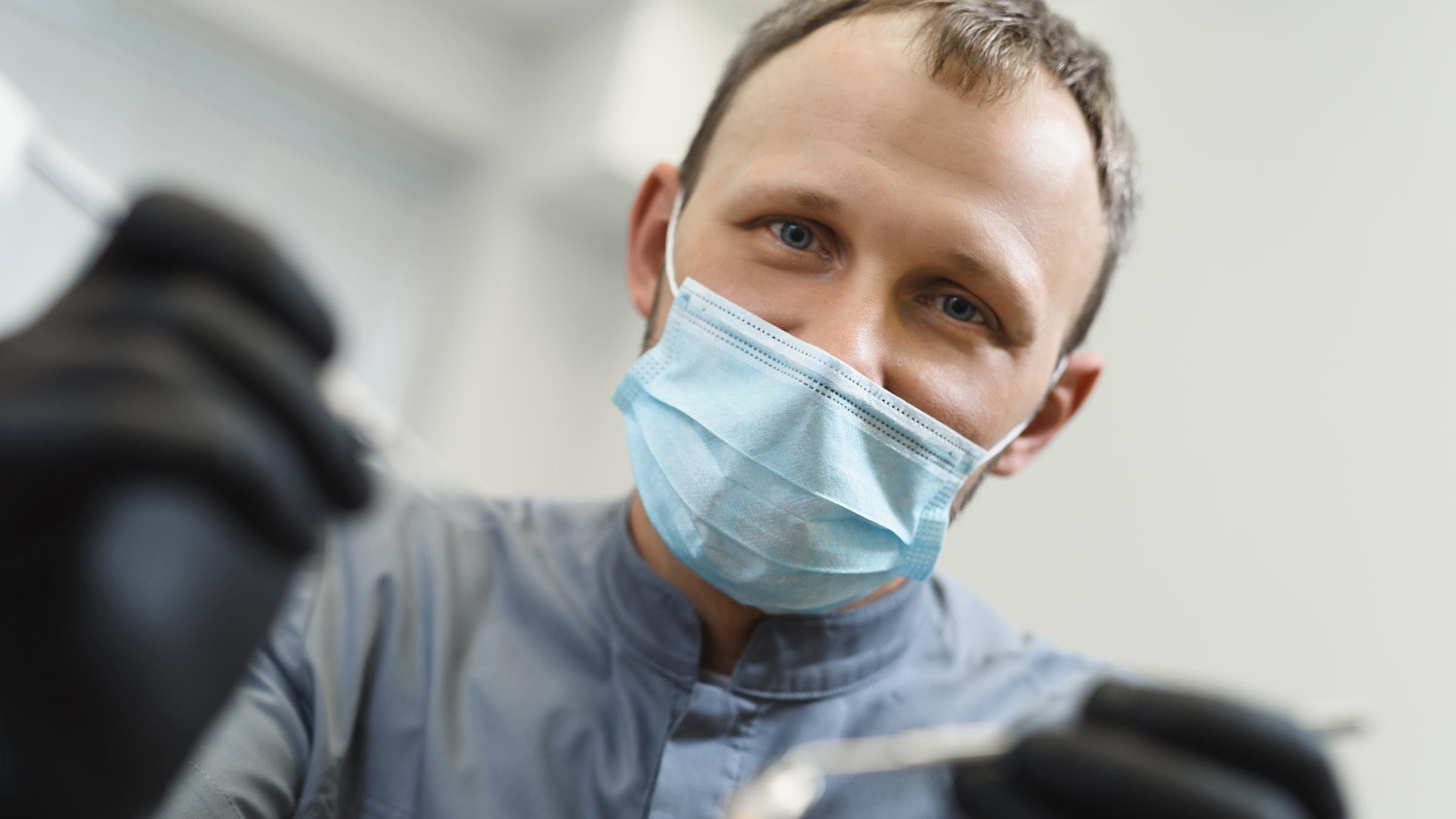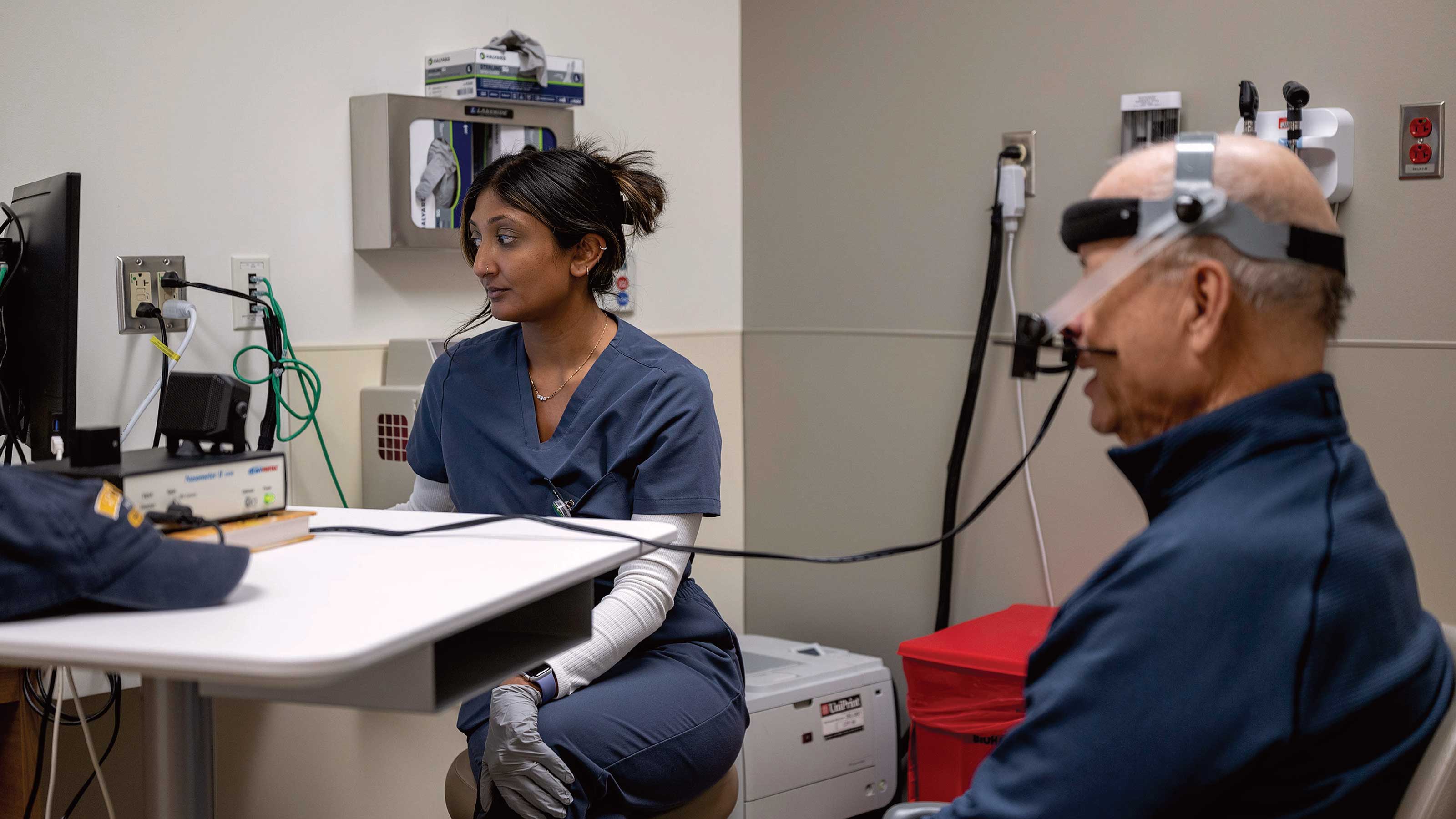
A dentist is always focused on your oral health, but there are clues in your mouth that can tell us that your body may be experiencing health problems elsewhere in the body.
Detecting these early-warning signs and symptoms is part of a dentist’s education, and recommending follow-up diagnostic tests and other care is important to us to help improve your quality of life — and sometimes even save the lives of our patients.
By examining your mouth, a dentist can sometimes recognize symptoms of the conditions below. These symptoms don’t always mean you definitely have one of these conditions, but dentists can help you determine when something looks unusual and could use a closer look from your primary care provider or another specialist.
Autoimmune diseases
Autoimmune diseases such as rheumatoid arthritis, Crohn’s disease, lupus or lichen planus occur when the body’s own immune system becomes overactive and attacks healthy cells. It’s not uncommon for the initial symptoms, such as oral lesions and fluid-filled blisters, to be present in the soft tissue of the mouth.
Anemia
Pale gums and unusually smooth patches on the tongue can be signs of anemia. A blood test will determine the diagnosis of this easily treatable condition.
Bulimia, acid reflux and GERD
The acids in the stomach that enter the mouth during repeated vomiting can create a unique pattern of erosion on the back side of the teeth and can be a sign of bulimia. Erosion from acid reflux and gastroesophageal reflux disease (GERD) are subtler but can also be visible.
Oral cancer
Cancerous and pre-cancerous squamous cell carcinomas in the mouth are the most common medical issues we see. Warning signs include white or red patches, plaque and non-healing ulcers in the soft tissue of the mouth. If we see something that doesn’t look normal or act normal, we might recommend a biopsy that would provide a definitive diagnosis. Early detection improves the outcome for our patients and can prevent a pre-cancerous growth from becoming cancer.
Other types of cancer
Early-warning signs of a metastatic cancer that has begun somewhere else in the body, such as the breast, lung or prostate, can sometimes be found in the mouth before someone has been diagnosed with metastatic cancer. Warning signs can be a soft-tissue mass or a bone mass in the jaw. Immediate and further diagnostic testing is warranted when these warning signs are spotted. At Ohio State, we coordinate diagnosis and follow-up care with our colleagues at The Ohio State University Comprehensive Cancer Center – James Cancer Hospital and Solove Research Institute (OSUCCC – James).
Diabetes
Gum disease and bacterial infections that don’t heal well can be early signs of diabetes.
Osteoporosis
This is a condition in which the bones become brittle and fragile. Warning signs can be found in X-rays of the jawbone when we see bone loss and gum disease.
Dementia
This is an example of why knowing and treating a patient over a long period of time can be important. We might suspect dementia in an older patient who, after years of practicing good oral hygiene, begins to neglect the care of their teeth and gums.
Heart disease
One of the predisposing factors for heart disease is inflammation. There have been some studies showing that practicing good oral hygiene reduces inflammation in the mouth and, in turn, could reduce the risk of heart disease. However, we need further study to fully understand the link.
HIV
Oral yeast infections are common and easily treatable, but on rare occasions they’re a symptom of HIV. Young, seemingly healthy patients with oral yeast infections can potentially be a first sign of HIV.
Stress
Everyone has some stress in their lives, and, for some people, this can manifest in the grinding of their teeth. Bite guards can reduce the erosion from this grinding.
Adverse reactions to drugs
Systemic drugs can create autoimmune issues in the mouth. This is why we ask patients about the medications they take and any new medications they may have started taking. If we determine that a drug you’ve begun taking could be creating an issue, we’ll work with your physician to find a different medication that will eliminate the issue.
A good relationship between dentists and their patients is so valuable — good communication not only helps you and your dentist make the best care decisions when it comes to your mouth, but it can help us identify other ways your wellness can improve.

Healthy teeth start here
Ohio State offers complete general and specialty dental care, including emergency care for patients of all ages.
Schedule an appointment




